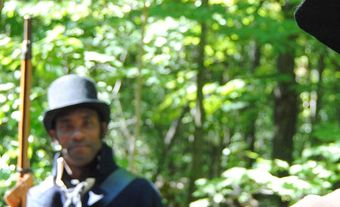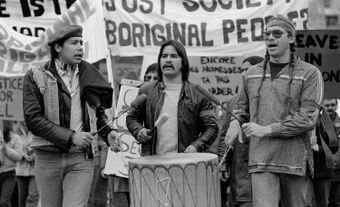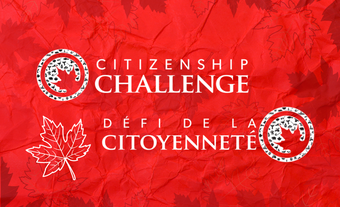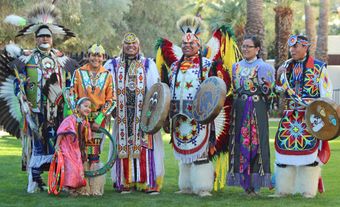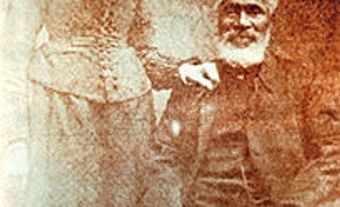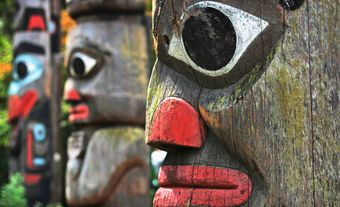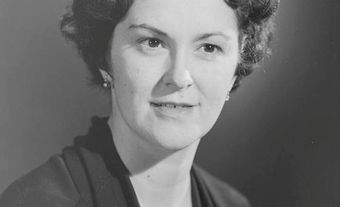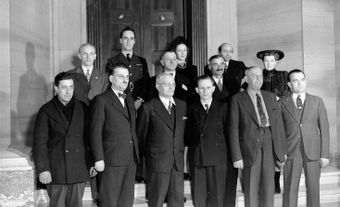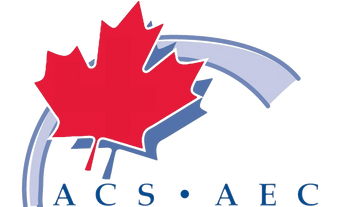The term "Canadian studies" refers to a distinctive interdisciplinary approach to research and teaching about Canada. It has roots in the evolution of Canadian nationalism in the 1960s and 1970s (see also Canadian Identity).
History
In 1968, inspired by Canada’s Centennial celebrations the year before, A.B. Hodgetts’s book What Culture? What Heritage? A Study of Civic Education in Canada was published by the Ontario Institute for Studies in Education. The book examined the teaching of Canadian history, social studies and civics in hundreds of schools and concluded, "We are teaching a bland, unrealistic consensus version of our past; a dry-as-dust chronological story of uninterrupted political and economic progress told without the controversy that is an inherent part of history."
Hodgetts’s analysis was followed in 1969 by a report — The Struggle for Canadian Universities by R. Mathews and J. Steele — on the large numbers of non-Canadians teaching in the country's universities. In 1972, the Association of Universities and Colleges of Canada (AUCC) commissioned T.H.B. Symons to "study, report, and make recommendations upon the state of teaching and research in various fields of study relating to Canada at Canadian universities." The Symons Report, To Know Ourselves, was released in 1975. It advocated a wide variety of activities to be carried out in universities as well as in government agencies, professional associations, and private and public organizations.
Symons's initial study was followed by changes at all educational levels, by new government programs, and by many other studies, commissions and reports. Hodgetts, Symons and other thinkers of the era raised issues concerning not only education, but also book publishing, science and technology, archival practices, and international relations, among others. The resulting public debate over the concept of a "Canadian identity," however, had its most dramatic impact on education. This contributed to the creation of several new agencies and organizations devoted to the promotion of "Canadian studies.”
Canadian Studies in Universities
In the 1970s, university faculty interested in Canadian studies created the Association for Canadian Studies (ACS). The ACS was launched as an interdisciplinary organization devoted to encouraging teaching, publication and research about Canada at the post-secondary level through various national and regional programs. In 1981, the International Council for Canadian Studies was formed, partly to provide a means of exchanging information among a growing number of national and multinational associations for Canadian studies abroad.
Financial support for Canadian studies in Canada and abroad came from different sources, including membership fees, foundations (private and public), granting agencies and, most notably, the federal Department of Foreign Affairs and International Trade (formerly External Affairs, now Global Affairs Canada) and the Department of Secretary of State (now Department of Canadian Heritage). During the 1980s, however, formal interest in Canadian studies by government funding agencies was beginning to wane. In 1984, the budget of the Canadian Studies unit in the Department of Secretary of State was $3.1 million. The budget was reduced to $2 million in 1987 and $1.45 million in 1992.
Carleton University founded Canada’s first Institute of Canadian Studies in 1957, and offered the first MA degree program in Canadian Studies in Canada. In the 1970s, Trent University established a Canadian Studies Program.
When Symons (in collaboration with J.E. Page) published the third and final volume of his report on Canadian studies in 1984, he reported that much progress had been made in the preceding decade, both in the creation and expansion of teaching programs and in the research, publication, collection and preservation of Canadian materials. At the time, more universities were looking to establish Canadian Studies programs. In 1994, McGill University established the Institute for the Study of Canada and in 1998, the University of Ottawa created the Institute of Canadian Studies.
The federal government established a Canadian Studies Program in 1984 as an ongoing program in the Department of Secretary of State with a mandate to encourage Canadians to learn about Canada, and to address concerns about Canadians’ lack of knowledge and interest in Canadian history, culture, society and politics.
Evolution of Canadian Studies
A review of the state of Canadian studies in Canada was undertaken by David Cameron of the University of Toronto in the mid-1990s. The report, Taking Stock: Canadian Studies in the Nineties, was published in 1996 by the Association for Canadian Studies (see also Cultural Policy). Cameron contended that there was a strong link between Canadian studies and the mandate of the Department of Canadian Heritage. He called on Canadian Heritage to support the development of a network of interdisciplinary Canadian Studies programs.
Ultimately, the Department of Canadian Heritage chose to look beyond university-based Canadian Studies programs in pursuing their objective of expanding public knowledge about Canada. The ACS modified its mandate to be more in line with this emphasis on public education about Canada as underwritten by Canadian Heritage, the department that was its principal funder.
In the first decade of the 21st century, the Canadian Studies mandate of the Department of Canadian Heritage underwent another reorientation, with a shift away from the interdisciplinary approach to promoting knowledge about Canada and toward a focus on expanding the public’s knowledge of the country’s history with a focus on youth. This decision was based partly on public perception that knowledge of Canadian history produced positive outcomes for such things as unity, identity, social cohesion and active citizenship.
A key obstacle encountered by Canadian Heritage was that education in Canada was the province’s jurisdiction and thus any attempt to reach younger Canadians required working with pan-Canadian organizations that could provide content about the country’s history. As a consequence, the Department provided financial support to organizations such as Historica Canada (previously Historica-Dominion Institute), Canada’s History (previously Canada’s National History Society) and the Association for Canadian Studies.
In April 2013, the Department's Canadian Studies Program officially became the Canada History Fund. In that same year, the Canadian Museum of Civilization was renamed the Canadian Museum of History. Also in 2013, the Association for Canadian Studies established the Canadian Institute for Identities and Migration as a research institute tasked with undertaking the study of population movement and evolving identities in Canada and abroad. The promotion of knowledge of Canada’s history remained within the purview of the ACS.
As regards the support for Canadian Studies abroad, in 2012 the Department of Foreign Affairs (now Global Affairs Canada) cut funding to the International Council for Canadian Studies and since then the organization has been largely inactive.
Indigenous Studies and Canadian Studies
In recent years, important changes have been made to several university-based Canadian studies programs. In 2010, Carleton University introduced the Indigenous Studies Program. In 2016 its Board of Governors approved a proposal to change the name of the Canadian Studies Department to the School of Indigenous and Canadian Studies. Around the same time, the University of Ottawa closed its major in Canadian Studies stating that interest in the Canadian Studies programs had radically declined as most students could study Canada through discipline-based departments. At the same time, the University of Ottawa was beginning to see the importance of the local, national and international perspectives of Indigenous Peoples and the Institute of Canadian Studies ultimately evolved into the Institute of Indigenous Research and Studies.

 Share on Facebook
Share on Facebook Share on X
Share on X Share by Email
Share by Email Share on Google Classroom
Share on Google Classroom
